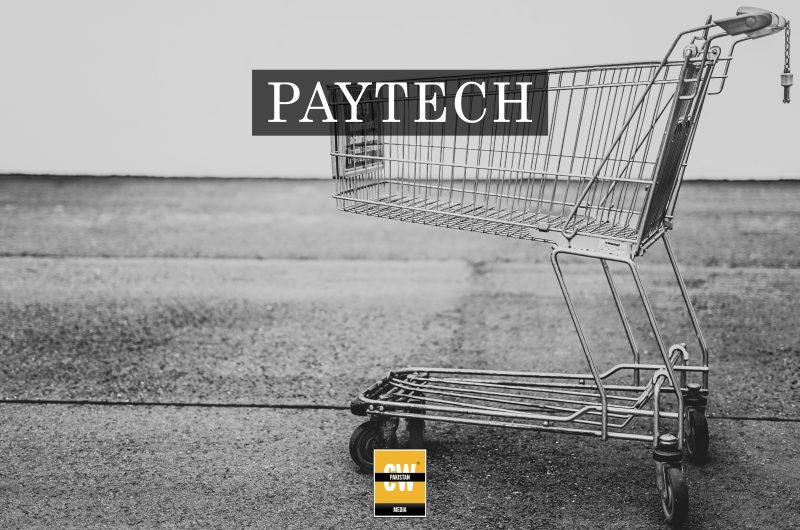Pakistan’s digital landscape is rapidly evolving, driven by key sectors such as e-commerce, quick commerce, e-delivery services, and fintech. These industries are not only making business transactions faster and more convenient but are also contributing to economic growth. However, with this expansion comes the need for stricter monitoring to prevent phishing attacks, fraud, and other malpractices that threaten consumer trust. As digital transactions become the backbone of the economy, ensuring their security and efficiency is more critical than ever.
The rise of e-commerce and quick commerce has reshaped consumer behavior, particularly in urban centers such as Karachi, Hyderabad, Faisalabad, Lahore, and Multan. Many consumers prefer online shopping to save time and transportation costs. However, issues persist, particularly with online delivery services, where customers often face overcharging by riders and inconsistent service hours. Unlike the traditional 9 AM to 5 PM business schedule, many riders operate irregularly, even late at night. This lack of standardization creates uncertainty for customers, highlighting the need for stricter regulations and service monitoring. Market leaders must address these challenges to enhance consumer confidence and improve the overall experience.
Quick commerce has emerged as a solution to some of these inefficiencies, offering fast and reliable deliveries without excessive charges. However, operating quick commerce platforms in Pakistan presents its own set of challenges, including inconsistent internet connectivity and stock availability from suppliers. To counter these issues, companies are implementing strategies that improve operational efficiency. Hassan Arshad, Director of Policy & Communications at foodpanda Pakistan, shared insights into the company’s approach to overcoming these challenges.
“To address these hurdles, we have implemented a robust vendor selection process, proactive logistics monitoring, and data-driven stock planning and management. During internet disruptions, we provide strong support to our riders by offering WiFi access at pandamarts, rider hubs, and offices, enabling them to handle orders efficiently and reduce any potential impact on their earnings.”
Arshad also highlighted foodpanda’s increasing role in grocery and food delivery, particularly during religious observances such as Eidul Fitr and Ramazan.
“During Ramazan, we have seen a consistent increase in grocery orders through pandamart and foodpanda shops. This highlights a strong dependence on our platform for essential household items and food supplies throughout the holy month. Customer numbers have steadily grown during this time, and the demand for items such as dates, beverages, cooking essentials, and ready-to-eat meals has surged significantly. We expect this trend to continue and are optimizing our resources to ensure platform efficiency is sustained during Ramazan.”
Beyond quick commerce, cloud kitchens are also playing a significant role in the food delivery ecosystem. Foodpanda has strategically established cloud kitchens in key urban centers, providing a cost-effective solution for restaurants. These shared kitchen spaces allow restaurants to operate multiple food concepts from a single location, reducing overhead costs while maximizing efficiency. Additionally, dark stores in major cities help ensure the rapid fulfillment of local consumer demands, further strengthening the delivery infrastructure.
While the growth of e-commerce and quick commerce is evident, fintech is another crucial sector revolutionizing the economy. Digital banking solutions and financial technology firms are making transactions more accessible and efficient, but they also face security threats that require constant vigilance. IT professional and Hexalyze Consulting Services CEO Saad Shah emphasized the need for stronger cybersecurity measures to protect consumers from fraud and phishing scams.
“Digital solutions from banks and fintech firms are emerging with innovation and greater accessibility. However, scams and fraudulent activities remain significant challenges for service providers and customers alike.”
Shah urged financial institutions to prioritize cybersecurity by upgrading their software and implementing stricter authentication measures. At the same time, he advised customers to frequently update their credentials, including IDs and passwords, and to refrain from sharing sensitive financial information with others. As Pakistan’s digital economy continues to grow, the need for stringent monitoring, cybersecurity enhancements, and regulatory interventions becomes more evident. By addressing challenges in e-commerce, fintech, and quick commerce, businesses can foster a more secure and efficient digital ecosystem, ultimately driving long-term economic prosperity.










